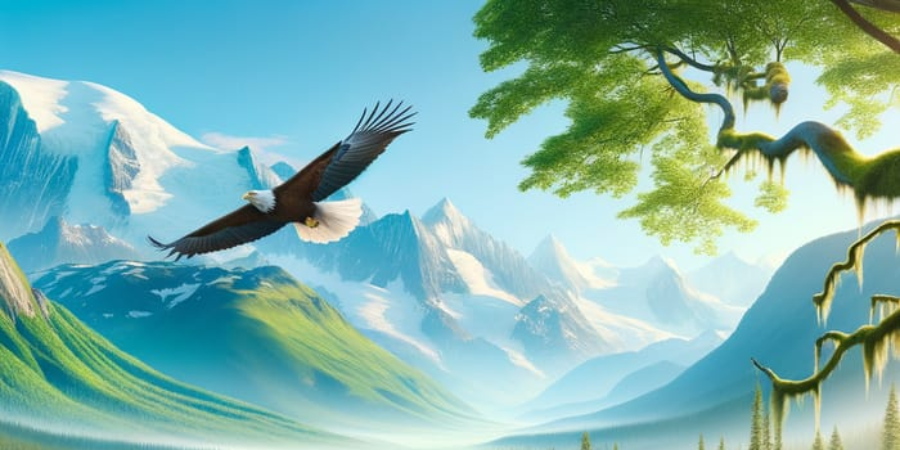

The colors, shapes, sounds, and scents of nature enthrall us and serve as a timeless and limitless source of inspiration. Every aspect of the natural world, from massive mountains to vast oceans, has a distinct appeal and personality. Whether it's the captivating patterns of clouds flying across the sky, the smooth sound of waves lapping the coast, or the subtle rustle of leaves in the wind, the simplest things frequently possess this beauty. The great diversity of nature is one of its most captivating features. Rivers, grasslands, forests, and deserts all provide unique perspectives on the splendor of nature. Birds and animals create a pleasant atmosphere as sunlight passes through thick canopies in a lush forest, creating dappled shadows on the forest floor.
With its many advantages that are critical for survival, health, and well-being, nature is important to life as we know it on Earth. It supplies the essentials humans need on a daily basis, such as food, shelter, and clean water and air. Nature sustains a harmonious cycle that permits sustainable coexistence of people, animals, and plants by promoting a healthy ecology. Controlling the environment is one of nature's most important functions. Wetlands, oceans, and forests all serve as natural climate controllers by generating oxygen and absorbing carbon dioxide, which keeps the atmosphere steady. Oceans absorb enormous amounts of CO₂, which moderates global temperatures, while trees and plants filter contaminants from the air, improving air quality. In order to battle climate change and protect the earth for future generations, this balance is crucial.
The following are some of nature's main components and features: 1. **Forests** - Thick stretches of trees and other plants that support wildlife, generate oxygen, and aid in climate regulation. 2. **Mountains**: Huge, naturally occurring heights of the earth's surface that provide stunning views and act as freshwater supplies when snow melts. Over 70% of the Earth's surface is made up of vast saltwater bodies known as "oceans and seas," which sustain marine life and control the planet's temperature. 4. **Lakes and Rivers** - Freshwater bodies that sustain ecosystems, provide drinking water, and are essential to agriculture and human habitation. 5. **Deserts** - arid areas with distinctive flora and fauna that have evolved to intense heat and dryness, showcasing distinctive rocky and sand-dune landscapes. 6. **Open Grasslands**
"Nature is our lifeline, a source of beauty, balance, and survival. Protecting it today ensures a thriving tomorrow for all living beings. Cherish, preserve, and respect the world around us."
